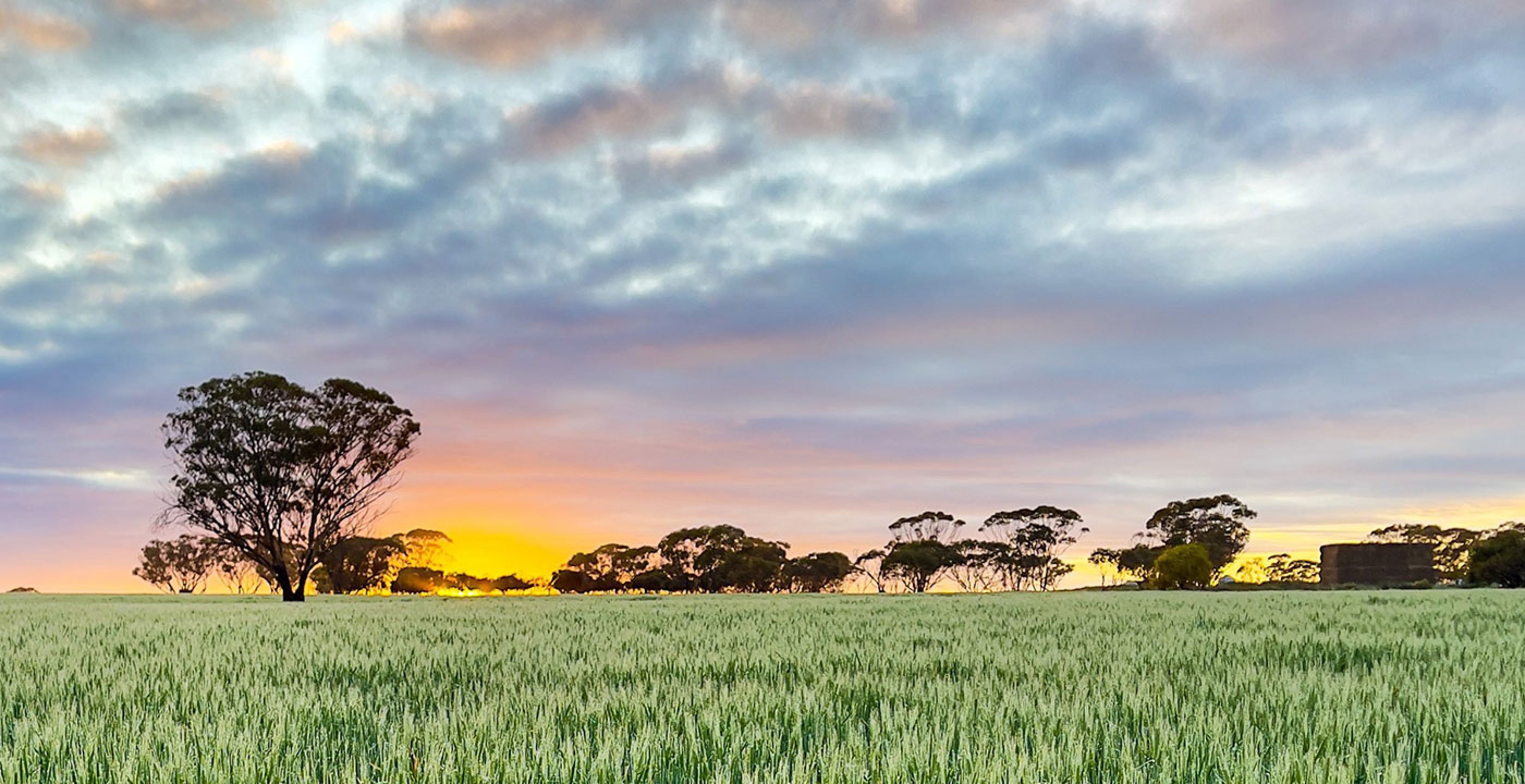Beer might be an ancient beverage, but it’s never stood still. Styles change, new ingredients flourish, and techniques, technology and know-how all come together to create something new.
But that change can also be less obvious and can come about because the manner in which an ingredient is grown or made. For example, it might involve making something with more care, less water, and fewer synthetic fertilisers.
In other words, it could be Certified Sustainable.
The not-for-profit organisation’s accreditation has been an increasingly common sight in the local beer world as brewers and ingredient suppliers look to brew more sustainably and ensure what they do is backed up by external corroboration. In recent years, some of those responsible for the ingredients that go into beer, such as Bintani, Voyager Craft Malt and Ryefield Hops, have gained accreditation for what they do, while breweries both large and small, including Stone & Wood and Rocky Ridge, have been crafting Certified Sustainable beer.
But, while they work closely with the beer industry, Certified Sustainable's purpose is far broader; director Ash Truscott says their methodology works across the economy. As such, they work with farmers, makers, or service providers such as fundraising consultancy group DGB Global, with Ash telling The Crafty Pint they see a pathway for businesses to grow and thrive that has less of a negative impact on the environment.
“We’re pragmatic around the way the world is and optimistic around where it will go,” he says.
“Our mission is to guide, promote, connect and really drive sustainable practices and choices across all sectors and with consumers.”

Although broad in its outlook, Certified Sustainable's origins are agricultural: the organisation was created in 2014 by a group of farmers. Each of them had been working towards improving the land and environment around them through regenerative farming practices such as improving soil health.
“They knew you have to find a better, more sensible way to farm,” Ash says.
Regenerative farming is a broad area that involves reducing the use of inputs like water and synthetic fertilisers such as nitrogen, which is widely used in industrial farming across the globe. It can be is a slow process, as we explored when chatting with the team at WA's Tolga Farm, pictured at the top of this article.
“It’s difficult to cut it out,” is how Ash explains it. “You have to build your soil health and do things like crop rotation, low tillage, and get your soil to a point where you don’t need it.”
Over time, that systematic approach formed the foundation of Certified Sustainable’s methodology, which the group uses when assessing businesses.
“They developed a system around really promoting soil and ecosystem health,” Ash says. “So, years of tried and tested learning, science and methodology was captured as a standard.”
It’s an approach that looks widely at the environmental impacts of an entire product’s life: energy, water, emissions, soil, biodiversity, and air quality. But, while agricultural in origin, that standard goes well beyond environmental care; Ash says they look at a business far more broadly, taking in how they are run and their connection to the community.
“It’s a globally recognised framework through sustainability which looks at environment, social and governance,” he says.
“They’re not just concentrating on one thing, they’re well managed, and they have social considerations around equal opportunity and discrimination, as well as lots of giving back to communities.”

In a world in which many businesses strive to look greener, friendlier, and more caring, Ash stresses the importance of maintaining credible and stringent accreditation.
"That's why credibility is our top priority," he says. "Our approach ensures a thorough certification process, resulting in a seal of approval that customers can trust.
"As a nonprofit organisation with charity status, our focus is on purpose, not profit. We're not here to chase sales at the expense of integrity."
The Sustainable Standard, which is overseen by Deakin University, ensures impartiality through independent audits conducted by Australian Certified Organic (ACO), a leading certification body.
"With an independent auditor and administrator of the Standard, the results are beyond our control," Ash says. “Our ultimate goal is to achieve outcomes that truly embody sustainability."
He says many organisations they work with are often further along the Certified Sustainable path than they initially believe.
"You’d be amazed by how much organisations are already accomplishing. The beautiful thing about obtaining certification is that it’s a journey,” Ash says. “Initially, it's about meeting minimum parameters, but then it’s about continuous improvement”.

Ash also points to how collective the beer industry has been in its action, citing the case of Stone & Wood, Voyager and Ryefield Hops working closely to develop Northern Rivers Beer (which we’ll cover in more detail soon) and Rocky Ridge, Tolga Farms, Joe White, Bintani and CBH Group all coming together to create more sustainable beer in WA.
“We’re making some good ground on this journey, the brewing industry has really responded,” Ash says.
“I think the beer industry is primed to make a huge difference through some really minor changes to practices.”
Better yet, he believes the opportunities are huge, not least through the profound difference that can be made through the use of Certified Sustainable barley. Their research shows the barley produces more than 70 percent fewer emissions on average than those farmed using conventional methods.
“Just by changing its barley,” Ash says, “a brewery is probably going to have a bigger impact than anything else they've done. I'm not saying they shouldn’t do anything else; I’m just saying a simple act will deliver a big impact in terms of sustainability.”
As a result, Ash also sees the chance to better tell the story of beer from grain to glass.
“Ultimately, what we provide is a really good consumer story,” he says. “You can start telling that story about a beer ingredient that isn’t always the biggest focus in beer, but it’s such a rich story.”














